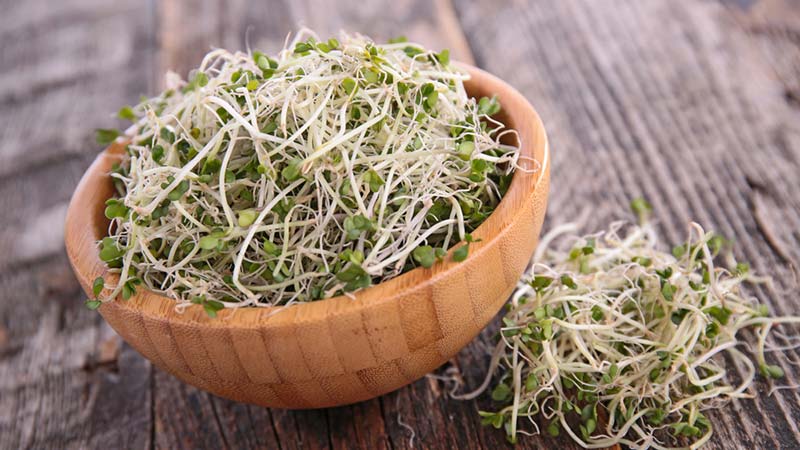
These natural compounds found in plants may be more important to health and fitness than vitamins and minerals.
As important as vitamins and minerals are to health and fitness, the phytonutrients — those vital compounds found in plants — may actually outdo them in therapeutic power.
Phytonutrients, sometimes called phytochemicals, are an important component of foods. Scientific literature indicates that in relation to chronic disease prevention and treatment the effects of phytonutrients are even greater than those of the micronutrients (vitamins and minerals).
Phytonutrients have been shown to help prevent and treat cancer, heart disease, Alzheimer’s and virtually all the chronic debilitating diseases, in addition to improving overall quality of life. It’s well known, for example, that foods with the highest anticancer activity include ginger, broccoli, broccoli sprouts, kale and Brussels sprouts. One example of their potency: Just three daily servings of these foods can cut prostate cancer risk in half.
There are three general categories of phytonutrients: phenols, terpenes and alkaloids. In total, they include thousands of substances from plant foods that exhibit dramatic disease prevention and therapeutic effects. These same substances provide plants with their various colors and fragrances.
The first category of phytonutrients includes phenols, or polyphenols. They comprise lignans, isoflavones, tannins and other compounds. The most potent nutrients in this category are a group of compounds called flavonoids and include herperetin, diadzein, naringin, tangeretin, catechins and anthocyanins.
These may sound like a mouthful, but they are powerful antioxidants and provoke significant health effects on the heart and blood vessels to prevent heart attacks, high blood pressure and stroke. Their anti-cancer effects come from their ability to reduce inflammation.
The second category is the terpenes. They include a variety of potent compounds such as the carotenoids — not just beta carotene but alpha as well, along with lutein, lycopene and zeaxanthin. In addition, limonene found in citrus is a powerful anti-cancer nutrient. Also in this category are the vitamin E complex — the three “other” tocopherols, gamma, delta and beta, and the four tocotrienols. These can be more potent than the alpha tocopherol (vitamin E) even with all the benefits attributed to it.
The third category of phytonutrients is the nitrogen-containing alkaloids. These include the sub-group isothiocyanates which contains the compound sulforaphan. Found in the highest concentration in broccoli sprouts, sulforaphan may be one of the more potent anti-inflammatory and anti-cancer substances. It blocks the production of phase I enzymes that trigger tumor growth and promotes apoptosis (which triggers cancer cell death).
Phytonutrients function best when they remain together as originally found in food, rather than in isolated form. Preserving their potency in dietary supplements is not an easy task as most are lost during the high-heat drying process used by most companies.
It’s also common to find isolated phytonutrients such as hersperitin, rutin or herbal extracts in supplements rather than the full complex as it appears in foods. These are much like isolated vitamins, such as vitamin E, for example, that naturally appears with all eight parts of the E complex.








